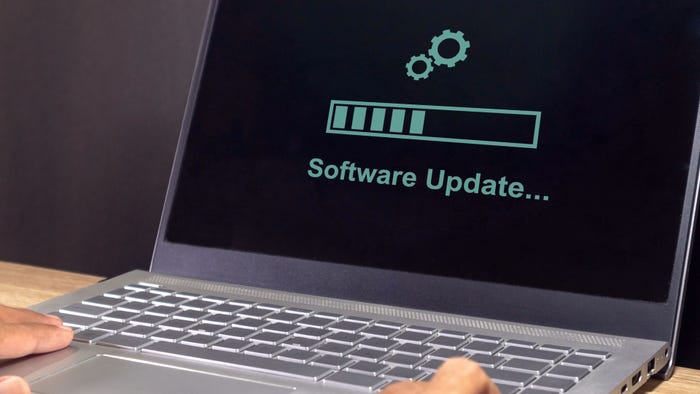Bredolab Botnet Still Spewing Malware
Days after Dutch authorities disabled 143 command and control servers, security researchers are seeing new signs of life.


Slideshow: Cloud Security Pros And Cons
Slideshow: Cloud Security Pros And Cons (click image for larger view and for full slideshow)
Is the Bredolab botnet really dead?
On Monday, Dutch authorities announced that, working in conjunction with hosting provider LeaseWeb, they'd seized -- and crucially, disconnected from the Internet -- 143 command and control (C&C) servers hosting Bredolab in the Netherlands.
Meanwhile on Tuesday, authorities in Armenia arrested a man suspected of being the botnet's mastermind. Since then, according to news reports, Dutch authorities have promised that, as they as they unravel the financial dealings underpinning the botnet, they expect to make further arrests.
But has Bredolab truly been busted? "The glib answer is that we don't know, but let's consider the current situation," said Rik Ferguson, solutions architect for Trend Micro. "Many if not most of the victim machines infected by Bredolab remain infected, [so] the botnet has simply been decapitated."
That decapitation produced a significant decline in botnet-related traffic. Even so, he said, "there is at least one Bredolab C&C server still active and... it is not hosted in the Netherlands, where there is one, there is the potential for more."
Unfortunately, according to Jo Hurcombe and Manoj Venugopalan, malware analysts for Symantec Hosted Services, they began seeing that "Bredolab runs distributing different payloads" the morning after Dutch authorities announced the takedown. By that afternoon, they reported seeing 750 Bredolab-spawned spam emails, more than half of which targeted Spanish users with subject lines riffing on DHL or UPS invoices, as many Bredolab-related attacks do.
According to the Symantec researchers, the emails use fake icons, such as a bogus Microsoft Excel icon, to try and trick the recipient into clicking on the icon. Once executed, the malicious file drops further, hidden files into the system and temp directories, one of which is a downloader that connects to a Bredolab C&C server. Many Bredolab infections also install fake antivirus -- aka scareware -- programs to attempt to get users to pay for bogus software.
Bredolab appears to have taken a big hit. But whether or not it was a death blow remains to be seen. "It is clear from past experience with botnets such as Mega-D and Cutwail that criminal software displays remarkable tenacity and a disturbing ability to rise phoenix-like from the ashes of a concerted take-down attempt," said Trend Micro's Rik Ferguson. "Let's hope that is not the case with Bredolab."
About the Author
You May Also Like



_Daniren_Alamy.jpg?width=700&auto=webp&quality=80&disable=upscale)
